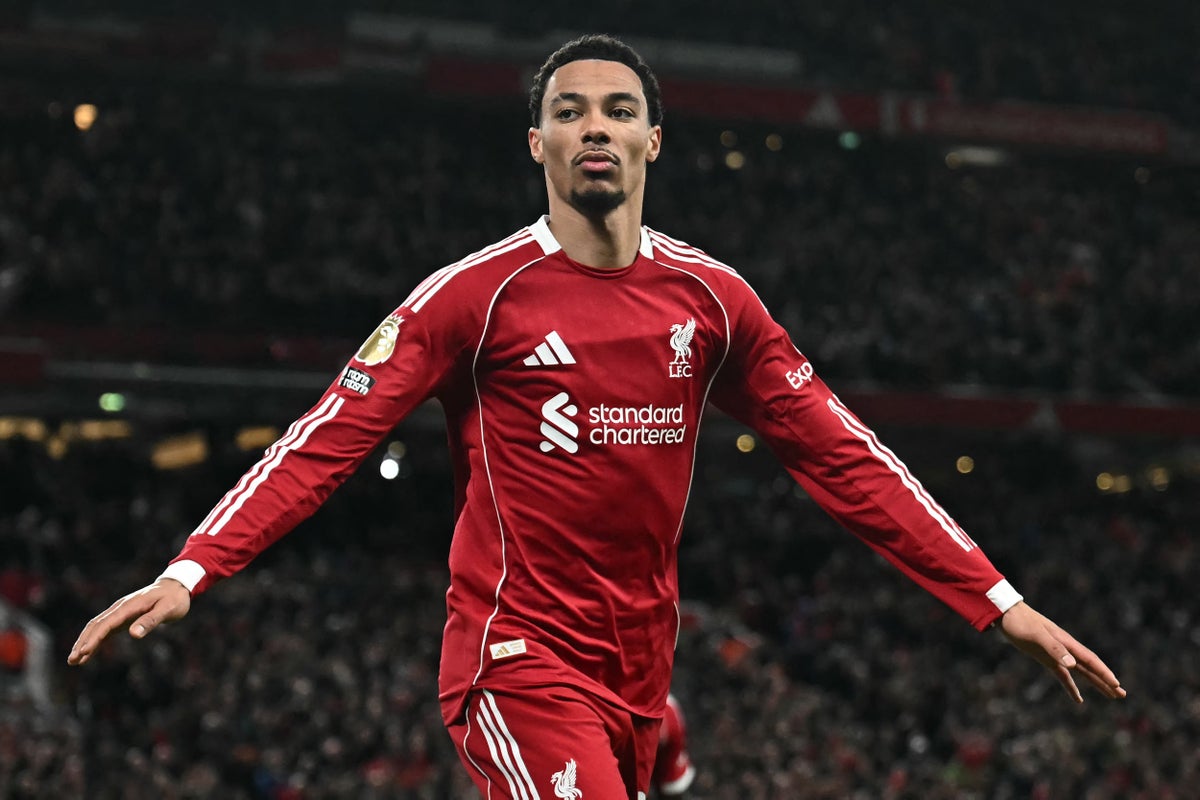Tottenham vs Liverpool betting tips
Tottenham Hotspur host Liverpool in the Premier League on Saturday as both sides continue to navigate very different crises this weekend.
Arne Slot has steadied the ship with recent wins over Inter Milan and Brighton but the future of Mohamed Salah still hangs over Anfield despite the Egyptian’s return to the squad, with little known about his future once he returns from the Africa Cup of Nations.
Meanwhile, there is even more scrutiny on Spurs and Thomas Frank after the Dane saw his side lose 3-0 away to Nottingham Forest last week, with that result bringing the third loss in the last five league games for the Lilywhites.
This weekend’s match is the first in a potentially tough run of fixtures for the hosts, who have Crystal Palace and Brentford to come over the Christmas period, but a win feels almost as vital for Slot and Liverpool as it does for Spurs, with Salah’s absence once again turning the focus onto performances as well as results at Anfield.
Thankfully for the Dutchman, this match comes at a good time to face Spurs, with their own recent performances meaning betting sites have early Premier League odds as low as evens for a Reds win, compared to a healthy price for a home victory.
Tottenham vs Liverpool prediction: Liverpool to continue winning rebuild
Both sides come into this match with problems of their own, though in recent weeks their mixed form has shown that both struggle to defend well for 90 minutes.
Tottenham have conceded seven goals across their last five matches, with the match before that seeing them conceded five away to PSG, and as Forest showed last week, even less gifted attacking units can hurt this Spurs side.
Meanwhile, Liverpool have conceded four across their last five, though the 4-1 loss to PSV at home showed that the Reds can make mistakes too, and the draws to Sunderland and Leeds, in which they conceded four across two matches, show that they are still susceptible to leaking soft goals, especially when playing away.
However, the overall superior quality of each squad should show this weekend, and the Reds come into the game in far better form, having won three of their last five and drawing the other two.
And while both can struggle in defence, Spurs can also struggle with scoring goals at times, which is something Liverpool are capable of even when at their worst, as shown in the 3-3 draw with Leeds.
Overall, the Reds have nine goals in their last five, and considering Spurs’ injuries and absentees, it makes sense that the visitors head into the game as firm favourites, having last lost at the Tottenham Hotspur Stadium in the league in controversial circumstances in September 2023 (when a nine-man side conceded a last-minute goal to lose 2-1).
Football betting sites clearly think the Reds are good value for the win, and while we think they’ll get the three points, we do think both sides will score in north London.
Tottenham vs Liverpool prediction 1: Liverpool to win, both teams to score - 5/2 Ladbrokes
Tottenham vs Liverpool tip: Ekitike to continue scoring streak
The signing of Ekitike caused excitement and confusion in equal measure in some quarters after the arrival of Alexander Isak, but it’s the young Frenchman who has hit the ground running at Anfield, emerging as one of the club’s best attacking options amidst Isak’s struggles.
He seems to have found his stride in recent weeks too, scoring four in his last two after bagging braces against both Leeds and Brighton while playing striker in his Swedish teammate’s absence, and he now has 10 goals across 23 appearances so far since joining the Reds.
Isak could make a return to the starting line-up this week but if he doesn’t then Ekitike will once again lead the line, but even if the 23-year-old does not play as a lone striker as he did against Leeds and Brighton, he’ll have plenty of attacking involvement in the absence of Salah and potentially Dominik Szoboszlai, so we’re backing him to stay in the goals in the capital this weekend.
Tottenham vs Liverpool prediction 2: Hugo Ekitike to score anytime - 11/8 Bet365
Tottenham vs Liverpool team news
Tottenham: The hosts will be missing at least eight players this weekend, with James Maddison a long-term absentee and Pape Matar Sarr and Yves Bissouma away on Afcon duty.
Kota Takai, Radu Dragusin and Dejan Kulusevski continue their recoveries from respective knee injuries, while Dominic Solanke and Destiny Udogie are not expected back until the New Year.
Liverpool: Salah is the main absentee for the visitors, with the Egyptian on international duty with Egypt, while Wataru Endo and Cody Gakpo remain out.
Joe Gomez and Dominik Szoboszlai will face late assessments after being forced off in the win over Brighton, though Jeremie Frimpong has returned to training and could make a return to the matchday squad,
Tottenham vs Liverpool predicted line-ups
Tottenham: Vicario; Porro, Romero, van de Ven, Spence; Bentancur, Gray; Johnson, Simons, Kolo Muani; Richarlison.
Liverpool: Alisson; Bradley, Konate, van Dijk, Kerkez; Gravenberch, Jones; Szoboszlai, Mac Allister, Wirtz; Ekitike.
Responsible gambling
When having a bet, it’s vital to practice responsible gambling.
Betting can be addictive and it’s important to stay in control of your betting. Never treat gambling as a way to make money, never bet more than you can afford and when the fun stops, stop.
Gambling sites offer punters tools, like deposit limits, profit and loss trackers and self-exclusion options, to help them stay in control.
But if you ever feel like you need help or advice on gambling addiction, don’t hesitate to contact one of the charities or organisations below.
We may earn commission from some of the links in this article, but we never allow this to influence our content. This revenue helps to fund journalism across The Independent.









